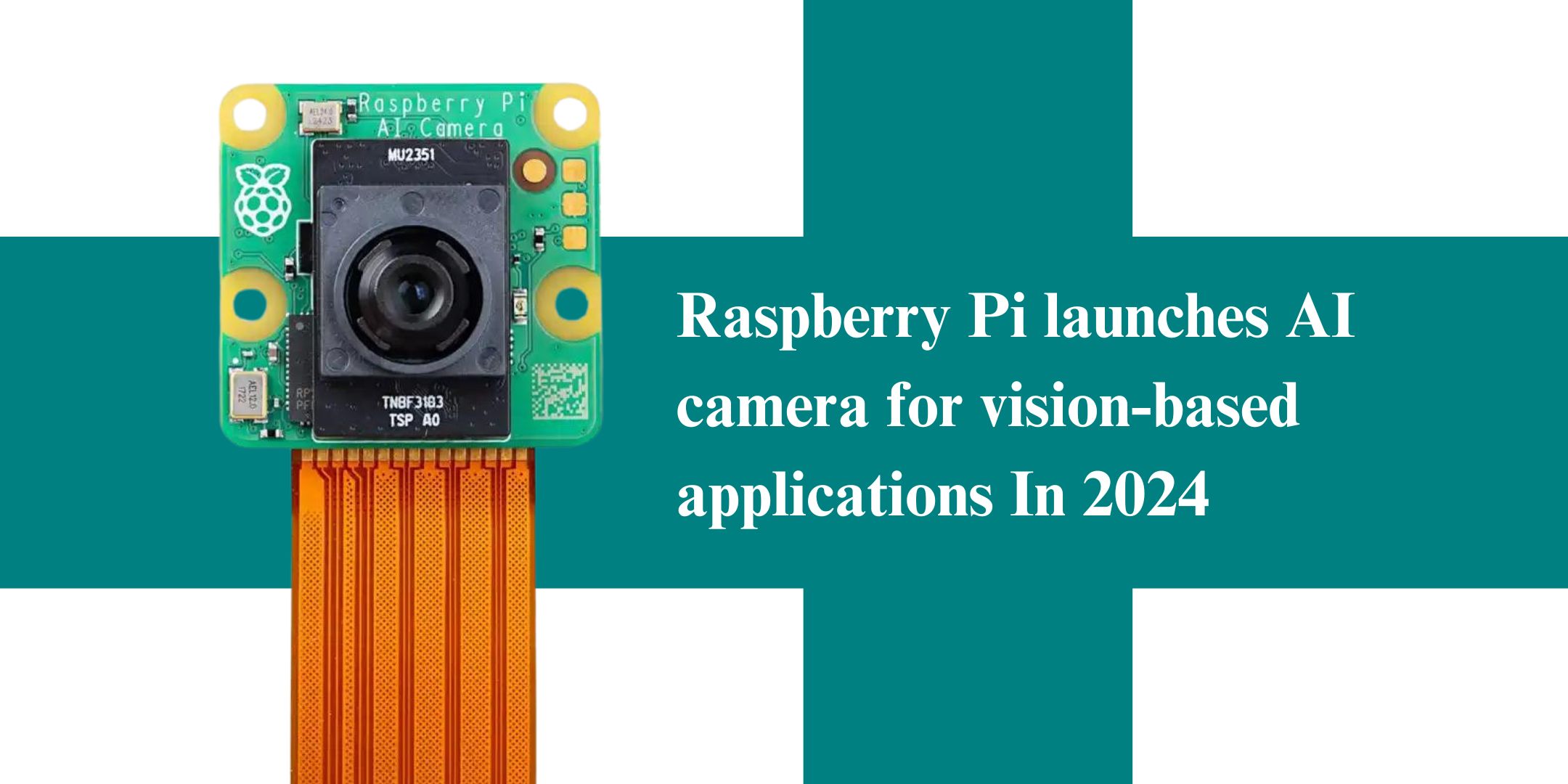The company known for its cheap, single-board computers has become more interesting with the official unveiling of an add-on that could be very cool: the Raspberry Pi launches AI Camera for $70. It uses AI-driven image processing and is allegedly designed to open access to vision-based applications in the 2024 market.
Read Also: Revolutionary Apple Hearing Features AirPods Pro: Why Experts Say It Matters
The image sensor utilizes the Sony IMX500 paired with the RP2040 microcontroller chip from Raspberry Pi, designed to be power- and cost-efficient. The RP2040 is not a replacement for the Nvidia GPUs but works hand-in-hand with the image sensor to capture images that can be processed through the standard neural network models.
One of the significant benefits is that this AI Camera processes visual data directly on the module. Therefore, there will be no complication on the host Raspberry Pi regarding the increase in the resource burden while requiring additional accelerators. The new camera supports all Raspberry Pi models and will ensure full accessibility across the board.
Read More: iPhone 17 Air Features: Five Amazing Things Pro Users Could Gain by Switching!
Raspberry Pi has previously developed other camera modules, such as Camera Module 3. That is still available for $25. However, the new Raspberry Pi AI camera boasts onboard AI processing, so one can easily imagine the capability. The AI Camera and Camera Module 3 have the same dimension of 25mm x 24mm. However, the AI camera has a slightly higher build due to the advanced optical sensor. It is pre-loaded with the MobileNet-SSD model for real-time object detection.
Specifications for the Raspberry Pi AI Camera
- Sony IMX500 Intelligent Vision Sensor
- 12MP
- Image Modes: 4,056 x 3,040 at 10fps, 2,028 x 1,520 at 30fps
- 1.55 µm × 1.55 µm pixel size
- 78-degree field of view with manually adjustable focus
- Integrated RP2040 chip for AI and firmware management
- Raspberry Pi’s AI Camera is now available for customers to purchase, priced at $70. This follows the existing launch of AI camera technology for vision-based applications.
Designed primarily as a toy for tech hobbyists, devices from the Raspberry Pi Foundation have grown into their best market: companies using these little gadgets in industrial and embedded applications make up 72% of their sales. Here, across many industries, smart city sensors monitor parking and traffic for quality assurance in various sectors, seeing proper production on an automated basis. The camera may have its ideal application.
Other companies that have attracted Raspberry Pi’s mass production capabilities are sure to provide reliable sourcing for production pipelines. The company has also guaranteed to keep the AI Camera in production until at least January 2028, making it an attractive long-term investment even to businesses and developers.





